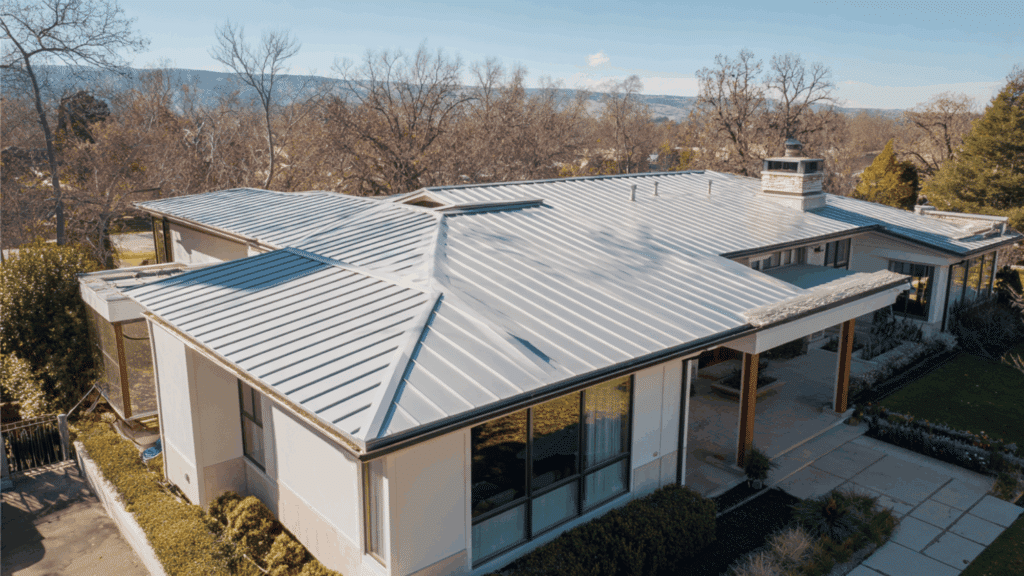Understanding the roofing labor cost per square foot helps homeowners plan for one of the biggest home repair projects they may face.
When someone knows what the roofing labor cost typically is, it becomes easier to set a budget and avoid surprises.
In this blog, readers will see simple numbers, learn what affects labor prices, and get a clear idea of what to expect before hiring a crew.
They’ll also find out how costs can vary depending on the region, roof type, and the difficulty of the job.
Roofing Labor Cost per Square Foot: What to Expect
Roofing labor costs typically range from $1.50 to $3.00 per square foot for standard asphalt shingle installations.
Complex projects involving steep pitches, multiple levels, or premium materials like slate or metal can push labor costs to $5.00 or higher per square foot.
Geographic location significantly impacts pricing. Urban areas with higher living costs generally charge more than rural regions. Roof complexity, accessibility, and the contractor’s experience level also affect final quotes.
Most roofers calculate costs per “square,” which equals 100 square feet. A typical residential roof replacement requires 15 to 30 squares.
Getting multiple detailed estimates helps homeowners understand local market rates and avoid overpaying
Factors That Affect Roofing Labor Cost per Square Foot
Many factors can affect roofing labor costs per square foot, and understanding them helps homeowners predict pricing more accurately.
- Roof Size: Larger roofs take longer to complete and require larger crews, raising total labor costs even when the cost per square foot remains similar.
- Removal of Old Roofing Material: Tearing off old shingles or layers adds extra labor hours and disposal needs, increasing the overall price homeowners pay before new installation begins.
- Local Labor Rates: Areas with high living costs or limited roofing professionals often have higher labor rates, pushing labor costs above those in other regions.
- Material Type: Some materials, like slate or tile, require special skills and tools, increasing labor time and cost compared to simpler, quicker materials like asphalt shingles.
- Accessibility of the Home: Homes that are taller, surrounded by obstacles, or difficult to reach slow down workers, raising overall labor charges due to added time.
- Weather or Seasonal Demand: Busy seasons and extreme weather conditions affect scheduling and safety, leading to higher labor costs when crews must work carefully or during peak demand.
Labor Cost by Roofing Type: What Homeowners Should Expect
Homeowners can better plan their roofing budget by understanding how labor costs change with different roofing materials and installation requirements.
Standard Asphalt Shingle Roof
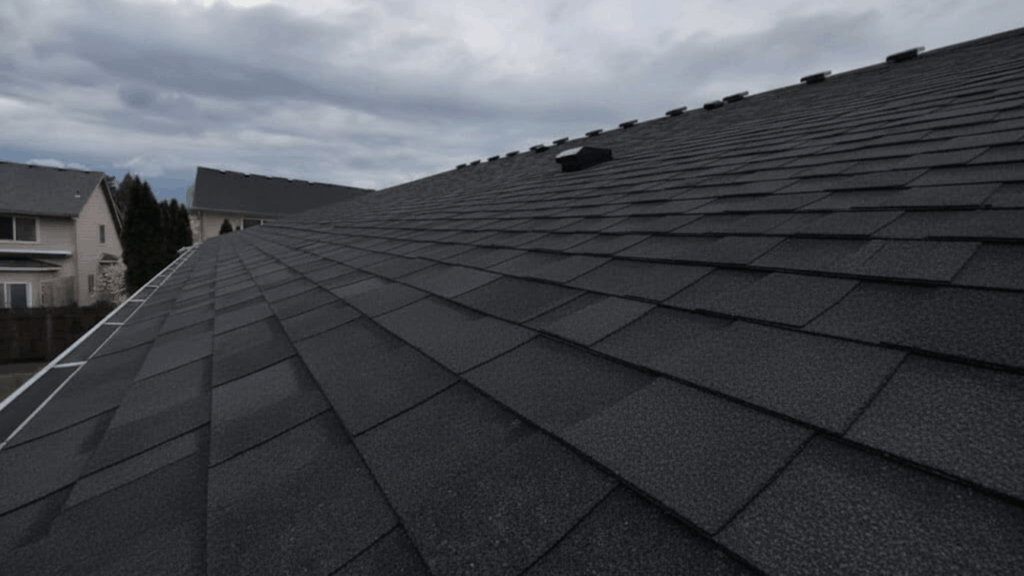
Standard asphalt shingles are among the easiest and fastest roofing materials to install, helping keep labor costs lower.
Homeowners typically pay $1.50–$3.00 per square foot, or $150–$300 per roofing square for labor. Because the material is lightweight and simple to cut, crews can complete most projects quickly.
This makes asphalt shingles a budget-friendly choice when both labor time and overall installation cost matter.
Architectural Shingles
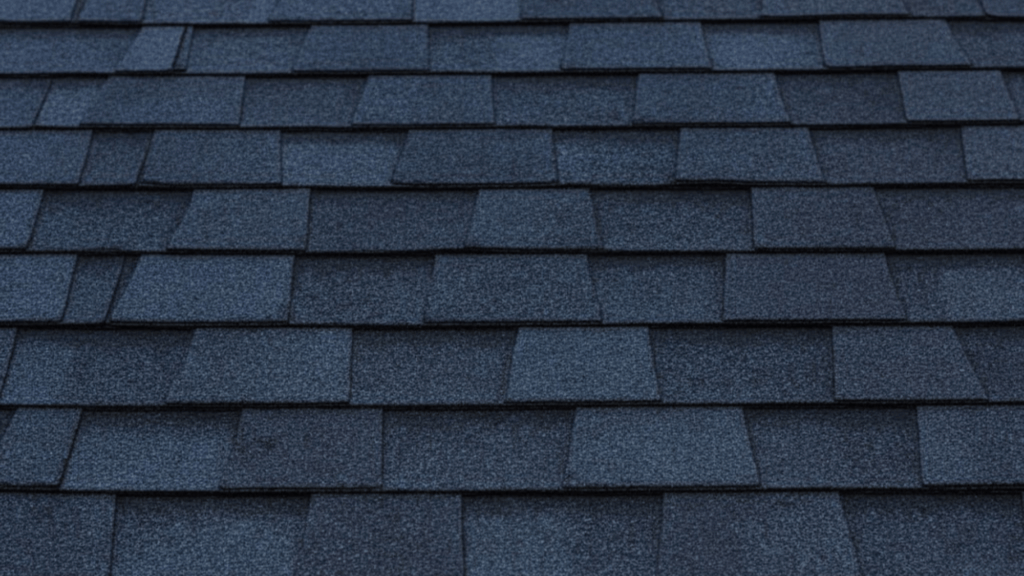
Architectural shingles are thicker, more durable, and heavier than standard shingles, which adds to installation time.
Labor usually costs $2.50–$4.50 per square foot, or $250–$450 per roofing square. Roofers must carefully place each shingle to match its layered design, a task that requires greater detail and skill.
Homeowners choose architectural shingles for a better appearance and longer life, even though the labor costs are slightly higher.
Metal Roofing Panels
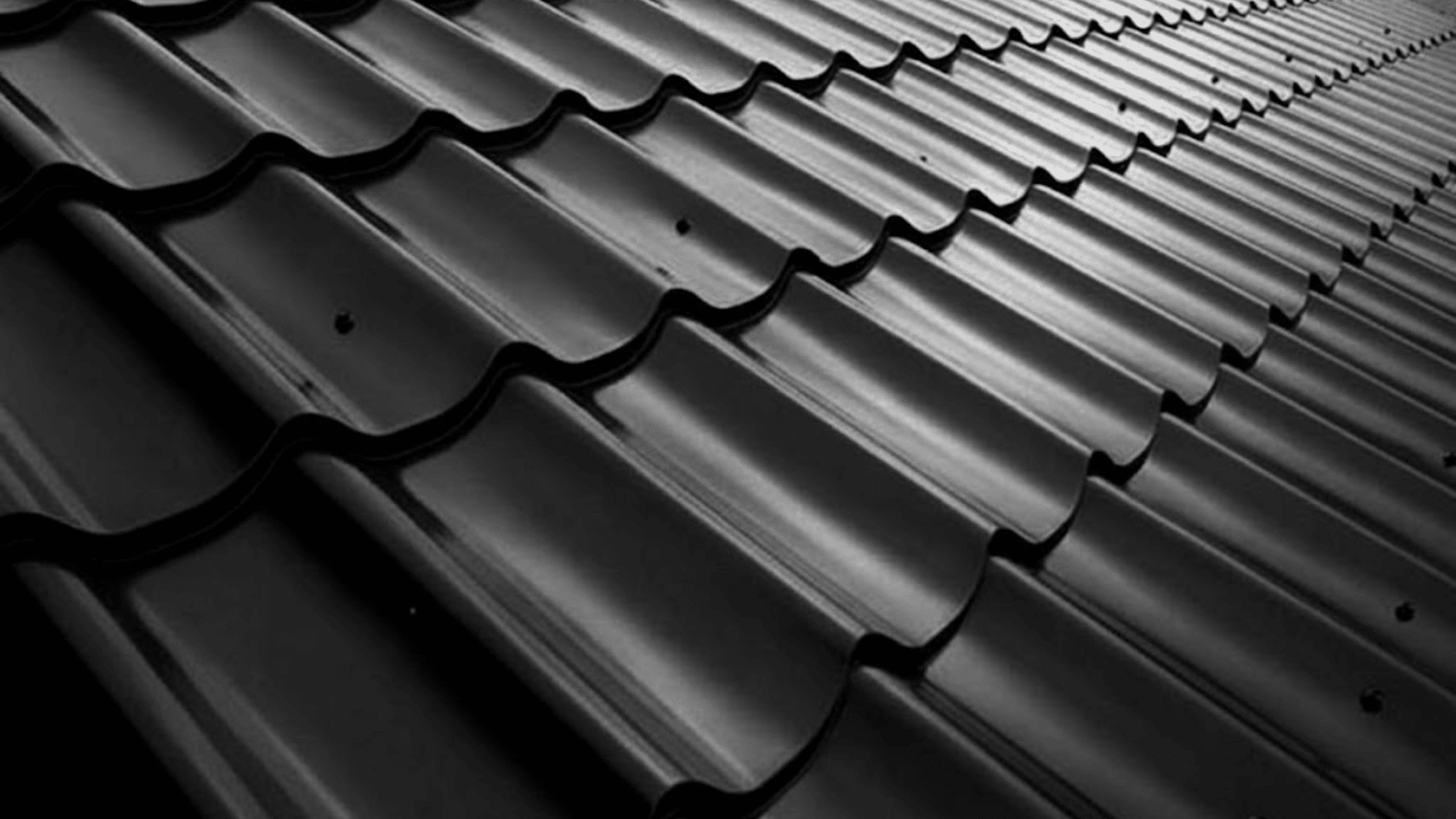
Metal roofing panels, such as corrugated or ribbed sheets, offer long-lasting protection but require trained installers.
Labor averages $3.00–$6.00 per square foot, or $300–$600 per roofing square. These panels must be measured, aligned, and fastened accurately to prevent leaks.
Because metal is more rigid, workers need special tools and extra time, which raises the labor portion of the overall roofing budget.
Clay or Concrete Tile Roofing

Clay and concrete tiles are heavy, brittle, and time-consuming to install, so labor prices are higher.
Homeowners usually pay $4.00–$9.00 per square foot, or $400–$900 per roofing square. Roofers must place each tile by hand and ensure proper alignment.
Extra structural support may be required because of the weight. This material offers a distinctive look and long lifespan, but installation demands careful craftsmanship.
Slate Roofing
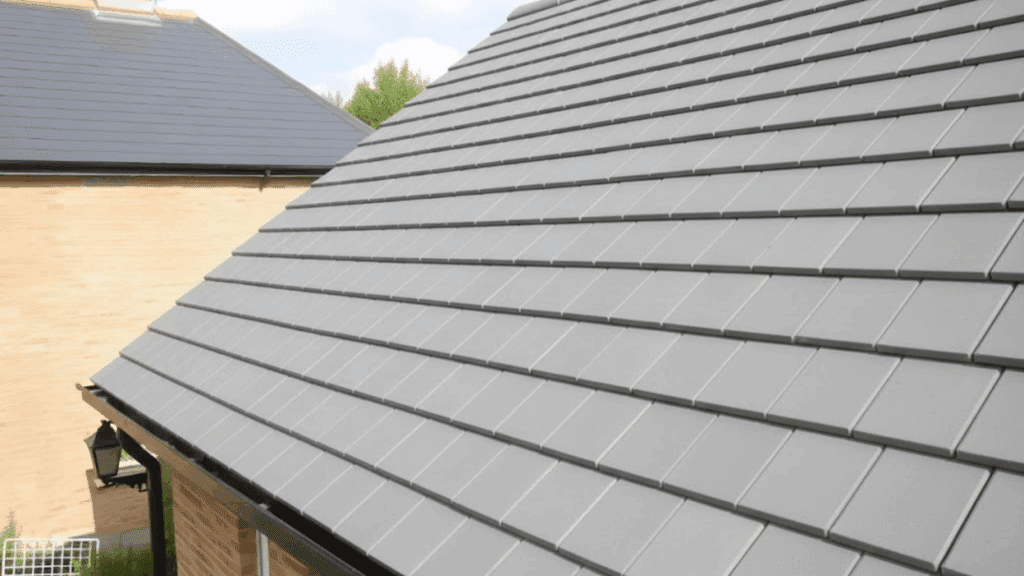
Slate roofing is one of the most specialized and labor-heavy roofing types. Installers often charge $6.00–$12.00 per square foot, or $600–$1,200 per roofing square.
Each slate piece is cut and positioned individually, and the material can crack if handled incorrectly.
This job requires highly skilled professionals, which contributes to its higher labor cost. Homeowners choose slate for its beauty and unmatched longevity.
Ways to Save on Roofing Labor Costs
Smart planning and simple choices can help homeowners cut roofing labor costs without sacrificing quality, making the entire project more affordable.
- Schedule During the Off-Season: Roofing companies often offer lower labor prices during slower months, helping homeowners save money on overall project costs.
- Get Multiple Quotes: Comparing several contractor estimates ensures fair pricing and helps homeowners choose the best balance of cost, quality, and experience.
- Choose Easier-to-Install Materials: Selecting roofing materials that install quickly reduces labor time, lowering the total cost of professional installation.
- Keep Up With Regular Roof Maintenance: Simple upkeep prevents major roofing damage, reducing the need for costly, labor-intensive repairs or a full replacement later.
- Improve Roof Accessibility: Clearing yard obstacles and ensuring safe access helps crews work faster, reducing total labor hours and related charges.
Conclusion
Understanding the roofing labor cost per square foot gives homeowners a clearer picture of what goes into a roofing project and why prices can vary so much.
When someone knows how roof type, labor skill, and job conditions affect the roofing labor cost per square foot, they can make smarter decisions about materials, timing, and budgeting.
With this information, homeowners can compare quotes confidently and choose a contractor who fits both their needs and their budget.
A well-planned project not only saves money but also leads to a safer, longer-lasting roof.

